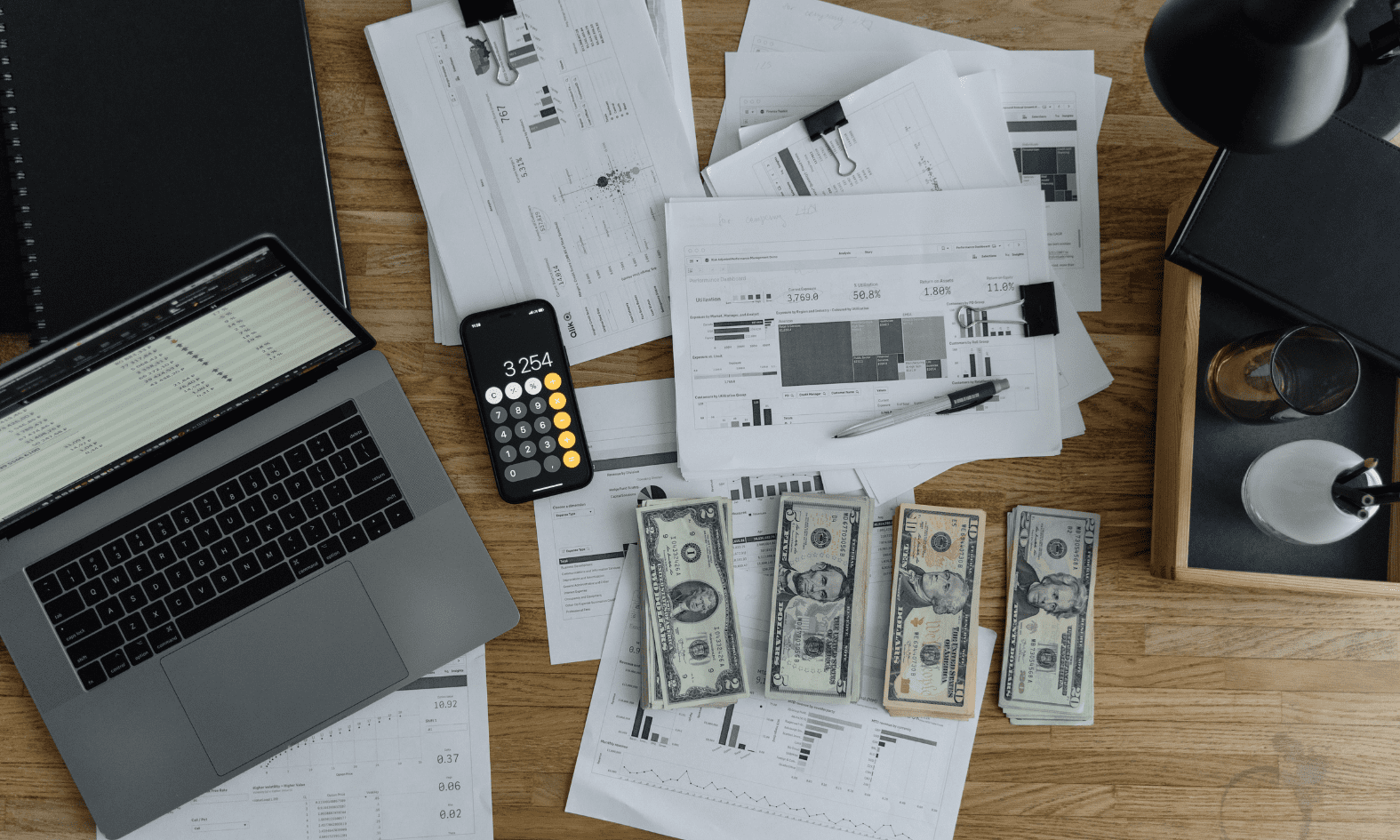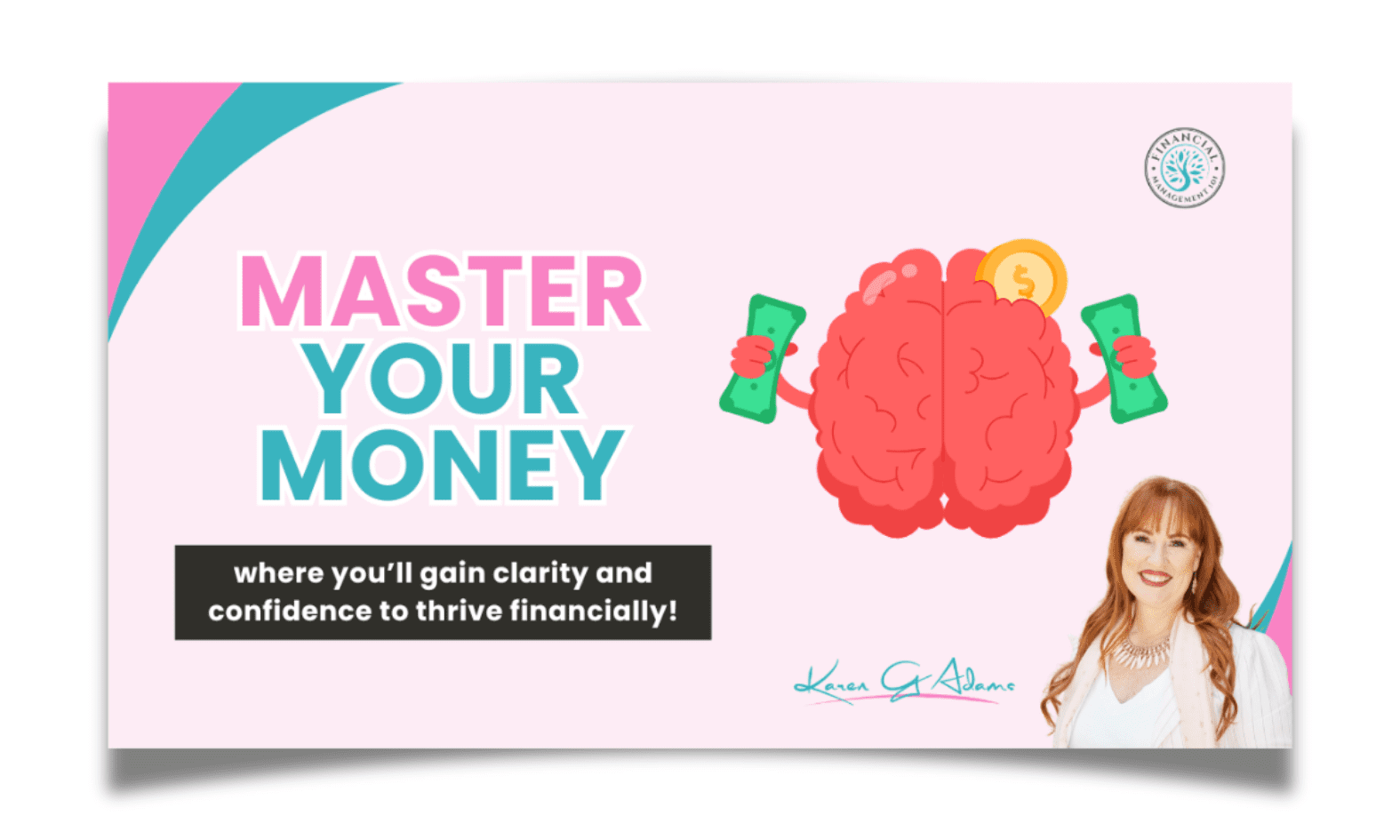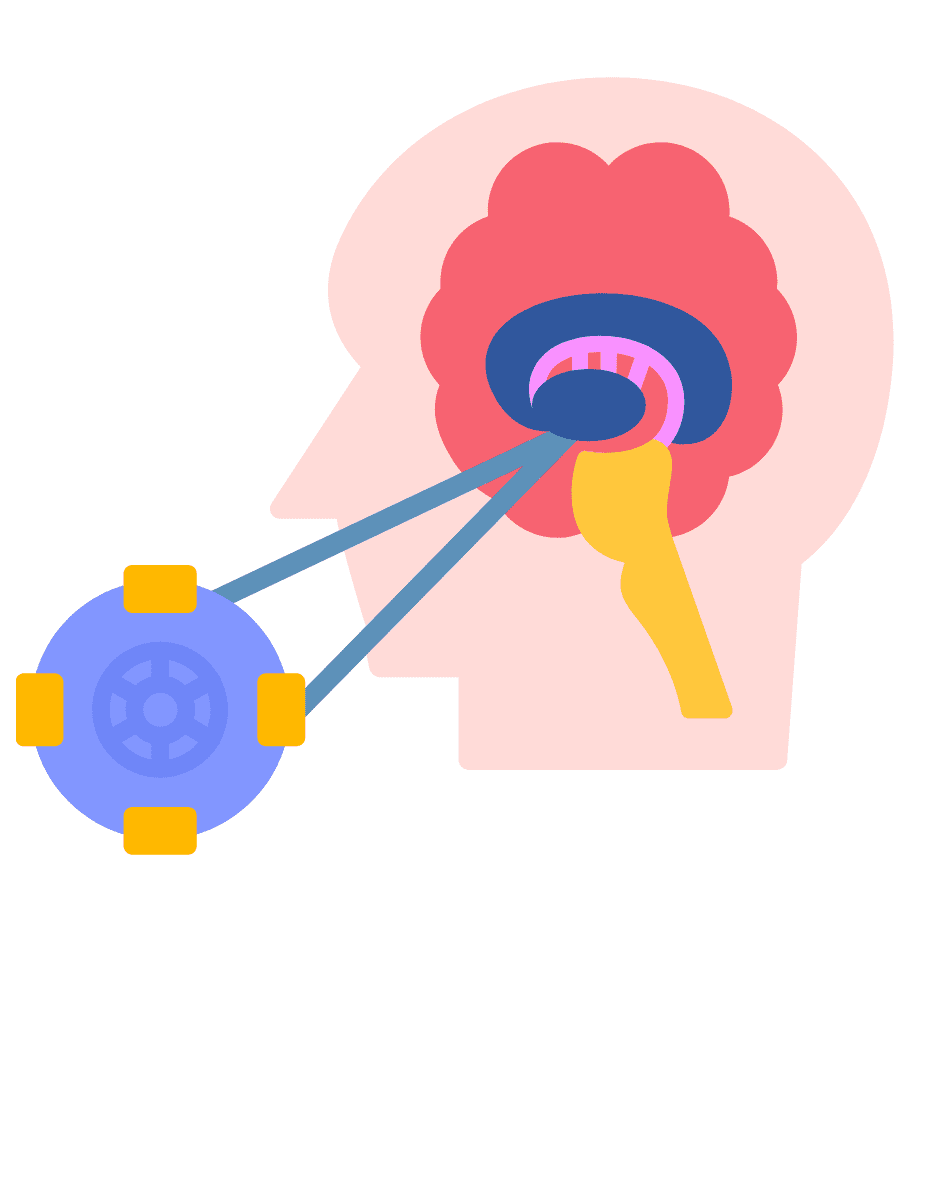
Money Mindfulness: 5 Minutes a Day to Financial Clarity (How to Stop Emotional Spending and Start Feeling Good About Your Finances)
? “I don’t even know where it all went…”
Sound familiar?
You check your bank account and – bam – another $200 gone. You didn’t buy anything major, and yet somehow… the money disappeared.
Chances are, it wasn’t the big purchases that threw you off. It was the mindless spending the “I’ve had a hard day” scroll-n-shop or the “I deserve this” lunch splurge.
We’ve all been there.
But what if you could create a sense of clarity, calm, and control around your finances… in just five minutes a day?
Welcome to the power of money mindfulness.

? What Is Money Mindfulness?
Mindfulness is simply the practice of being present. When applied to money, it means becoming aware of:
- Why you spend
- How you feel before and after
- Whether your actions align with your goals
Mindfulness isn’t about restriction or guilt. It’s about observation and intention.
When you’re financially mindful, you don’t stop spending – you stop spending on autopilot.
? “Mindfulness is the key to making better choices that align with your goals – not your mood.”
? Why We Spend Emotionally (And Don’t Even Know It)
Let’s be honest: Most financial decisions are not logical they’re emotional.
Here’s what emotional spending often looks like:
- Stress shopping after a long day
- Treating yourself out of boredom or frustration
- Buying something just because it was on sale
- Avoiding looking at your accounts because it “feels bad”
These moments aren’t about the money.
They’re about soothing an emotion.
But here’s the problem: The relief is temporary. The guilt lingers. And your financial goals get buried under impulse buys.
?️ How Mindfulness Helps You Take Control
Mindfulness breaks the cycle. When you pause and observe before spending, you give yourself the chance to:
- Choose consciously instead of reacting emotionally
- Align your decisions with your long-term goals
- Reduce shame and increase self-trust
And guess what? You don’t need an hour of meditation or a financial planner on speed dial.
All it takes is five intentional minutes a day.
?♀️ The 5-Minute Daily Money Ritual (Your Calm in the Chaos)
Here’s a simple yet powerful practice that clients in my Master Your Money program love. You can do this in the morning, at lunch, or before bed. Set a timer if needed.
?️ Step 1: Check In With Yourself
Ask:
- How do I feel about money today?
- What emotions am I carrying – stress, avoidance, pride, guilt?
No judgment. Just notice.
? Step 2: Review Yesterday’s Spending
Look at:
- Where your money went
- Whether the spending was intentional
- What felt good vs. what felt regretful
Even if it’s uncomfortable, face it with compassion.
✍️ Step 3: Name a Money Win
Celebrate something:
- Packed lunch instead of takeaway?
- Cancelled a subscription?
- Said “no” to impulse buying?
Big or small – wins compound.
? Step 4: Reconnect to Your Financial Goal
Write down one short-term goal:
- “Save $100 this month”
- “Check my account balance daily”
- “Stick to my grocery budget this week”
This builds consistency and clarity.
? Step 5: Affirm Your Financial Identity
Say your affirmations out loud (just one is fine):
“I am mindful with money.”
“I trust myself to make wise financial choices.”
“I am calm, confident, and in control.”
? What Clients Say About This Practice:
? “That 5 minutes changed everything. I used to avoid my finances, now I check in like I would with a friend.” – Nadia, 36
? “I didn’t realise how emotionally charged money was for me. Mindfulness helped me break the shame loop.” – Josh, 41
? Mindfulness = Better Habits That Stick
When you’re financially mindful, you naturally:
- Spend less impulsively
- Save more consistently
- Make decisions from calm, not chaos
- Feel good about your money – even before you hit your goals
And here’s the thing: The results aren’t just emotional, they’re practical.
Mindfulness helps you:
✅ Stick to a budget
✅ Pay off debt faster
✅ Avoid financial burnout
✅ Stay on track even when life gets messy
? What Money Mindfulness Is Not
Just to be clear, money mindfulness is not:
- Never spending on yourself
- Obsessively checking your bank account
- Denying your cravings or fun
- A one-time fix
It’s a daily habit of checking in, aligning your choices, and leading with intention.
✨ Want to Try It? Here’s Your 7-Day Money Mindfulness Challenge
Take five minutes a day and follow this plan:
|
Day |
Focus |
Prompt |
|
1 |
Awareness |
How do I feel about money today? |
|
2 |
Review |
What did I spend on yesterday, and how did it feel? |
|
3 |
Win |
What money decision am I proud of this week? |
|
4 |
Trigger Check |
When do I usually overspend? (Time of day, emotion?) |
|
5 |
Intentionality |
What can I do today to align with my goals? |
|
6 |
Gratitude |
What am I grateful for in my financial life right now? |
|
7 |
Celebration |
How have I grown this week in money awareness? |
By Day 7, you’ll feel clearer, calmer, and more in control.
? Ready to Build a Money Mindset That Lasts?
If you’ve tried budgeting apps and spreadsheets and still feel stuck, it’s time to try a new approach.
Inside the Master Your Money program, we help you:
- Practice daily money mindfulness (without the overwhelm)
- Create habits that align with your values
- Rewire emotional triggers around money
- Feel confident and calm – even when money is tight
This isn’t about obsessing over every dollar.
It’s about building a peaceful, powerful relationship with your money, on your terms.
?♀️ “Clarity creates confidence. Confidence creates momentum.”
? Final Thought: It Was Never About the Money
You don’t need to overhaul your entire financial life overnight.
You just need to pause, reflect, and pay attention – for five minutes a day.
Because once you become mindful with money, you stop feeling out of control…
And start building a financial life that feels calm, clear, and totally aligned.























